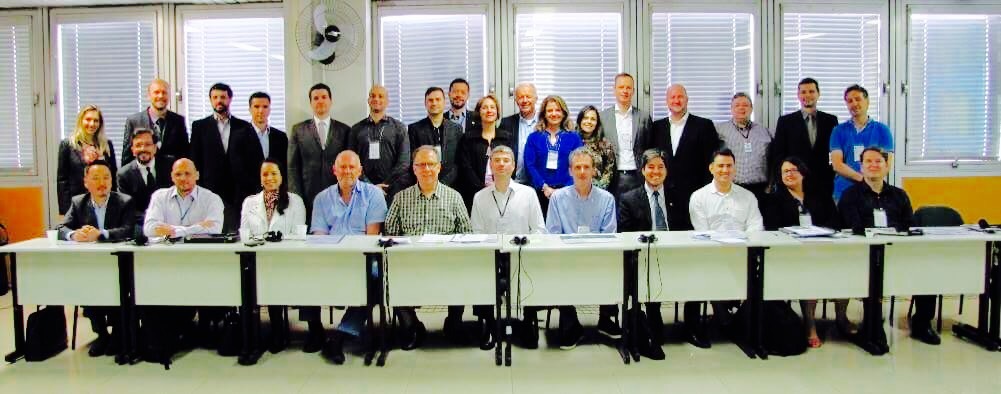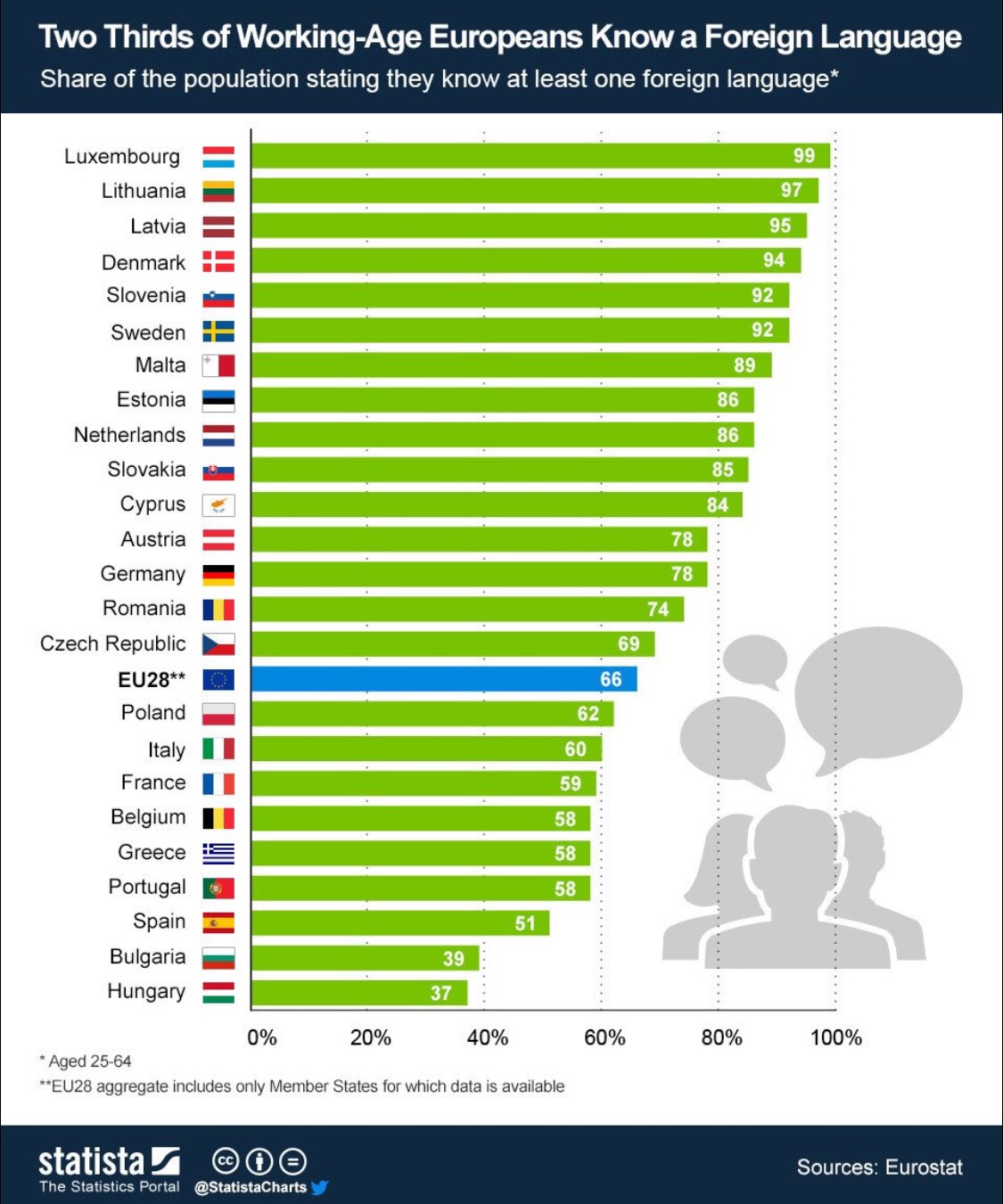We live in an age of individualism, which also means an age of selfies. We see tem everywhere, people taking selfies. I do too. People have noticed and I sometimes get comments about it.
 I never use a selfiepin personally, but the sales of this device has skyrocketed
I never use a selfiepin personally, but the sales of this device has skyrocketed
I travel a lot, go to new places, meet new people, learn. This is my life. I always want to learn.
 My favourite selfie of all times
My favourite selfie of all times
When you are in new places or meet nee people we used to take a photograph to remember the place or the occasion. Now it is so easy to take high quality photos with our smartphones that we take so much more photos all the time.
 All people turning their backs to President candidate Clinton for a selfie
All people turning their backs to President candidate Clinton for a selfie
If you are in beautiful place or meet anninterwting person, you want to treasure the moment. The birth of the selfie. The really new thing is naturally that we share these moments in a new way in the digital environment. So social media becomes a platform for our lives or at least a versiln of our lives. I guess that most people, like me, have their own limits for what to post.
 A great selfie is a great selfie
A great selfie is a great selfie
Anyway, the phenomea is here to stay. A nee time, a new culture. So welcome to the world of selfies.
Last week in Brazil I participated in several meetings in the AEO Brazil Phase III.
The third phase of the project includes several different further developments of the AEO concept, the most important being an integrated AEO model introducing a Single Government AEO Model.
 Common AEO training: Customs, Agruculture and Health – in Brazil
Common AEO training: Customs, Agruculture and Health – in Brazil
Last year World Customs Organization introduced a third pillar of the SAFE Framework of Standards, Government to Government cooperation.
Since before some countries has initiated a broader use of the Customs AEO status within Government, but very few has developed generic models making Customs AEO to also become a Government AEO status.
This is the ultimate goal of AEO and it was always the vision for the compliance management model called AEO we once developed in the late 90s. Already in the beginning of 2000 I was involved in starting up cooperation projects on AEO with other agencies in Sweden.
This is the future of AEO, a practical instrument for Coordinated Border Management combining AEO and Single Window.
If a company is a trusted trader with Customs, why would they not be trusted by other Government agencies involved in international trade?

However, there is a long and very interesting way to go to get there. Brazil is a leader in this development and had decided to implement the concept of Single Government AEO Status. This means that the AEO status given by Customs – in this case by the Brazilian Revenue Authority (Receita Federal)- will also be acknowledged and accepted by other Brazilian Government agencies involved in import and export of goods. The design and development starts with a project together with the two major agencies, Vigiagro (Agriculture) and Anvisa (Health).
The three agencies are now developing a common model for application, validation, certification, mangement/monitoring and re-validstion of AEO. An exiting project. A pilot is planned for the beginning of next year.
Keep reading this blog and you will learn more about the future of AEO – the future of trade.
Scientists are looking at how language ability impacts te overall perrormance of human beings.

It seems like the abolity to speak more than one language trains the executive system more generally.

A steady stream of studies over the past decade has shown that bilinguals outperform monolinguals in a range of cognitive and social tasks from verbal and nonverbal tests to how well they can read other people. Greater empathy is thought to be because bilinguals are better at blocking out their own feelings and beliefs in order to concentrate on the other person’s.
Bilinguals perform these tasks much better than monolinguals – they are faster and more accurate and that suggests their executive systems are different from monolinguals.
Read the entire very interesting WEF article here: Why being bilingual helps keep your brain fit
Source: WEF






You must be logged in to post a comment.